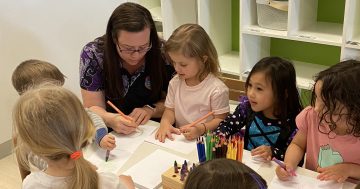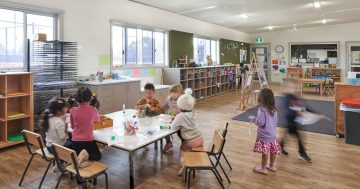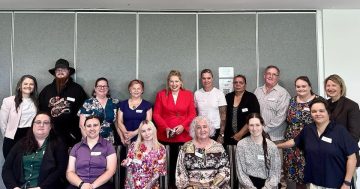 As children settle back into a new school year, families are being encouraged to read to their children at home as new research from the University of South Australia (UniSA) reveals that reading aloud can triple a child’s resilience at school.
As children settle back into a new school year, families are being encouraged to read to their children at home as new research from the University of South Australia (UniSA) reveals that reading aloud can triple a child’s resilience at school.
Lead researcher and Professor Allied Health & Human Performance at UniSA, Leonie Segal said the study, Educational strengths and functional resilience at the start of primary school following child maltreatment, explored factors that could modify the negative effects of adverse life circumstances.
Professor Segal said the study, which focused on early primary-aged children who had suffered abuse or neglect, found one of the biggest predictors of resilience in both boys and girls in struggling families was being read to at home.
“While reading to children at home has long been associated with school readiness and scholastic outcomes, this is the first study that has shown the benefits of reading to mitigate some of the detrimental trajectories of child maltreatment,” she said.
“Reading out loud can create many positive outcomes for children.
“As a shared experience between parent and child, it encourages connection, while also directly contributing to child development through exposure to words and stories.
“A good start to school is predictive of later outcomes, so it’s vital that we not only identify those at risk early on, but also find ways to support children’s emotional, social and physical development, before they start school.”
Professor Segal said the study found that boys had a much higher risk of being developmentally behind than girls, as did children living in remote or rural areas, and those with a physical, sensory, or learning disability.
“All these groups need far greater supports,” Professor Segal said.
UniSA’s Study can be accessed on ScienceDirect at this PS News link.











